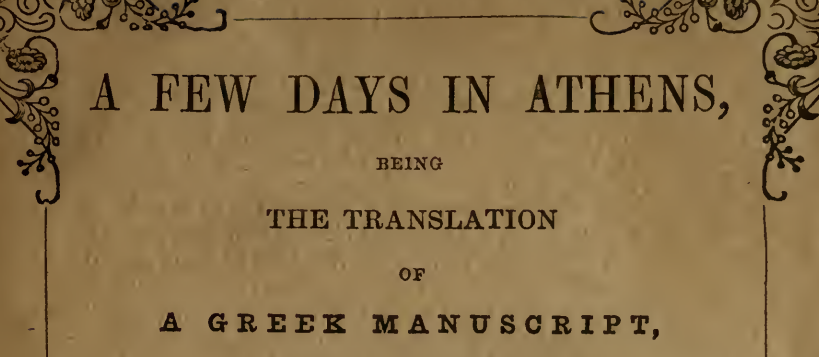Yes I definitely think that the Q/A approach is a part of the issue. Unfortunately I think we are stumbling because there also appear to be very detailed and complex questions about logical methods which are not something most of us have any experience in discussing, or any real enjoyment in discussing. It is like that Seneca quote on mouse and cheese and very off putting.
But the thread that we are only beginning to grasp is that apparently Epicurus was already staking out a position that he thought would stop the abuses to which logic was being put, and I think it would be highly desirable for us to at least be able to describe that in generalities that are still accurate enough to keep Martin from getting too exasperated with me! ![]()
Wait til you finally read through the On Methods of Inference (if you have not yet) and you will see how hard it is to even understand what the general issues are.
It does however appear to be possible to summarize the issues, according to the commentators, but as for myself I am just not there yet.


